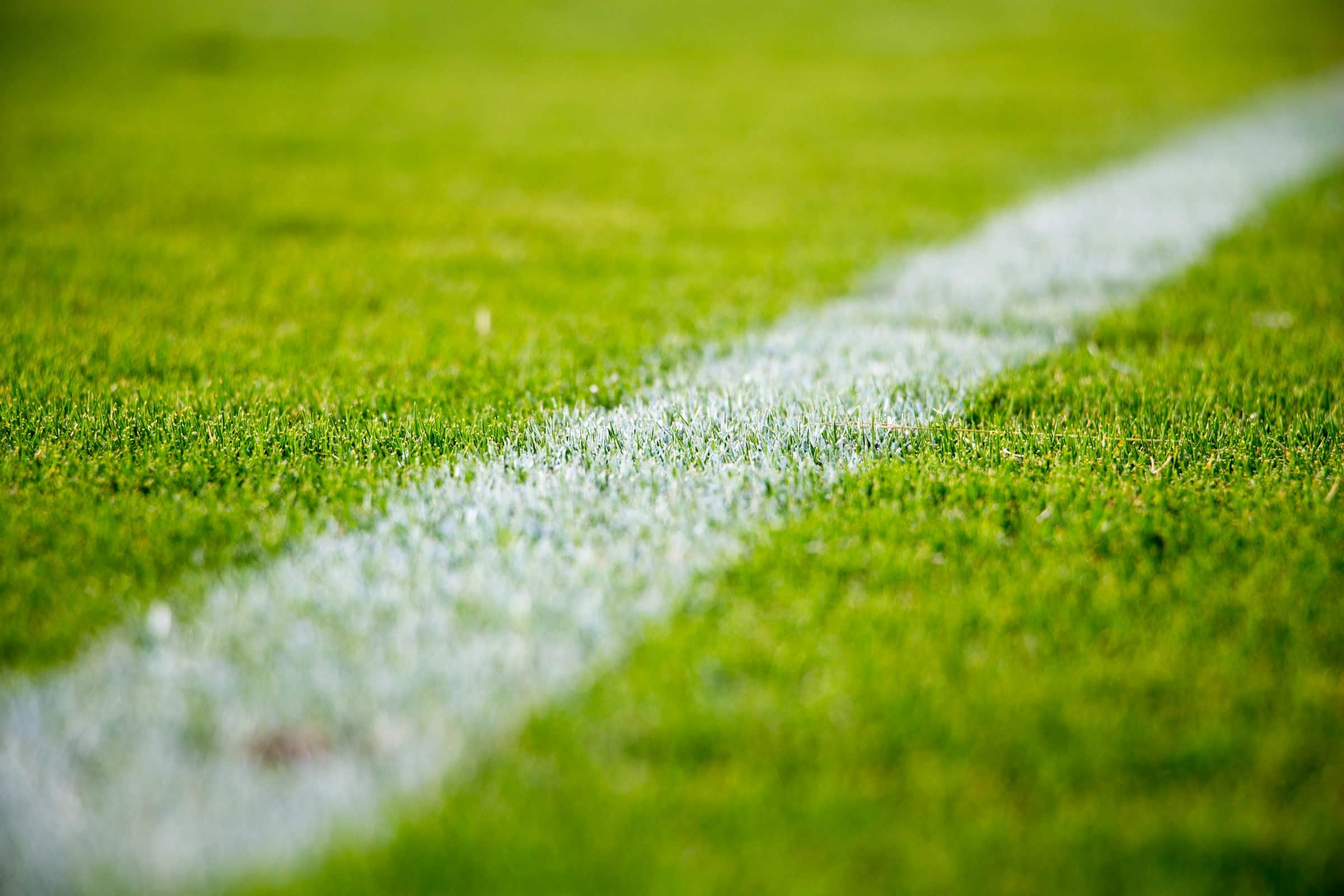How Can Psychological Interventions Impact Post-Match Recovery in Rugby Players?

Recovery is a crucial aspect of any sport performance, and rugby is no exception. In the tough, brutal world of rugby, athletes suffer not only physical wear and tear but also mental and emotional damage. This article aims to unravel the significant role psychological interventions can play in the post-match recovery of professional rugby players. First, we delve into the factors affecting recovery, then we explore the notable impact of psychological strategies on recovery and finally, we discuss some of the prominent strategies in use.
Understanding the Factors Affecting Recovery in Rugby Players
The world of sports is intensely competitive, and rugby is no exception. Rugby players, known for their toughness, resilience, and sheer grit, put their bodies on the line every time they step out onto the field. What often goes unseen, however, is the toll this intensity takes on players’ mental and emotional health.
Dans le meme genre : What Is the Optimal Breathing Technique for Peak Performance in Sprint Kayaking?
A match is not just a physical strain; it is a mental exercise requiring sharp focus, quick decision-making, and strategic thinking. The damage suffered during a game can be twofold—physical and psychological. The physical toll, while most obvious, is often easier to address. A study published in Crossref and PubMed notes that elite rugby players suffer an average of two injuries per season, mostly due to collision events.
But beyond the physical, the mental and emotional strain is more elusive and potentially more damaging. A doi research article cites that the psychological stress of high-stakes matches, negative performance reviews, and the constant pressure to perform can lead to burnout, anxiety, and depression among players.
A lire aussi : What Are the Physiological Benefits of High-Intensity Interval Training on Muscle Hypertrophy?
The Impact of Psychological Strategies on Rugby Players’ Recovery
In the sphere of sports med, the ongoing research and discussion around athletes’ mental health have brought attention to the role of psychological strategies in recovery. There’s a consensus among scholars that these strategies can significantly improve recovery time and performance outcomes for rugby players.
According to a study listed on Google Scholar, psychological interventions can help athletes manage stress more effectively, enhance their motivation, and improve their ability to focus. This, in turn, has a positive impact on their recovery process and their performance on the field.
An important aspect of these interventions is that they don’t just target the psychological damage suffered during a match but aim to build resilience and mental toughness to face future challenges. This is akin to exercising the mind, much like one would exercise the body, to be better equipped to handle stress and pressure.
Effective Psychological Strategies for Rugby Players’ Recovery
In the realm of sports psychology, a multitude of strategies can help athletes recover post-match. However, we will focus on the three most effective ones—visualization, mindfulness, and Cognitive Behavioral Therapy (CBT)—that are particularly beneficial for rugby players.
Visualization
Visualization or mental imagery, as it’s also known, involves players imagining themselves in a game setting, performing well, and achieving their goals. It’s a powerful tool that can help build confidence, enhance focus, and reduce anxiety.
Mindfulness
Mindfulness involves being fully present in the moment, without judgment. It enables players to let go of past mistakes or future anxieties and focus on the task at hand. It’s particularly effective in managing stress, reducing anxiety, and improving focus.
Cognitive Behavioral Therapy (CBT)
CBT is a form of therapy that helps individuals challenge and change unhelpful thought patterns and behaviors. In a rugby context, this could involve challenging negative thoughts about performance or fears of injury. CBT can significantly reduce anxiety and improve mental well-being, thereby aiding in faster recovery.
The Role of Immersion in Psychological Interventions
The effectiveness of psychological interventions depends not only on the strategies employed but also on the immersion of the players in the process. Immersion involves the player’s active participation and commitment to the process, and this can substantially enhance the impact of the intervention.
For instance, a player who practices mindfulness regularly will likely gain more benefits than one who does it sporadically. Similarly, the impact of CBT depends on the player’s willingness to engage with the process and challenge their thought patterns.
It’s worth noting that while these interventions can greatly aid recovery, they are not a substitute for traditional recovery methods or treating serious psychological issues. However, when used in conjunction with physical recovery strategies, they can significantly enhance the overall recovery process and improve player performance.
Water Immersion as an Adjunct to Psychological Interventions for Recovery
It is critical to note that incorporating physical recovery strategies to psychological interventions has been shown to improve recovery outcomes in rugby players. One such physical recovery strategy is water immersion. Water immersion, particularly cold water immersion (CWI), is widely used in team sports like rugby to aid post-match recovery and lessen muscle soreness.
Cold water immersion operates on the principle of hydrostatic pressure and cold thermogenesis. According to a study listed in Crossref and PubMed, cold water immersion helps reduce muscle damage and inflammation, thereby aiding recovery. It can also relieve mental fatigue and stress, providing players with a sense of relaxation and rejuvenation.
This strategy, when used in tandem with psychological interventions, can create a synergistic effect on recovery. A player who visualizes winning while in a state of cold water immersion, for instance, can benefit from both the mental fortitude gained from visualization and the physical relief offered by the cold water.
However, like all interventions, the effectiveness of water immersion largely depends on its methodological quality. These include aspects like the temperature of the water, duration of immersion, and timing of the intervention post-match. Consulting with a sports med professional can help determine the optimal parameters for each player.
Conclusion: The Integrated Approach to Post-match Recovery in Rugby
In conclusion, recovery in professional rugby is a multifaceted process addressing both physical and psychological aspects. While the physical toll of the game is apparent and easier to manage, the mental health of players requires a more nuanced approach. Psychological strategies like visualization, mindfulness, and cognitive behavioral therapy (CBT) play a significant role in this process.
In the interest of achieving optimal recovery outcomes, it is crucial to integrate these psychological strategies with physical recovery methods like water immersion. This integrated approach to recovery not only aids in faster recuperation post-match but also fosters resilience and mental toughness in rugby players.
However, it’s worth reiterating that these interventions should not replace traditional recovery methods or the treatment of serious psychological issues. Instead, they should be used as complementary tools to enhance recovery and performance. Lastly, the full immersion of the player in the process, both physically and mentally, can significantly improve the effectiveness of these interventions.
Recovery, in the world of rugby or any other team sports, is an ongoing process. The ultimate goal should be the holistic well-being of the player, both on and off the field, and these interventions provide useful tools towards achieving that goal.
